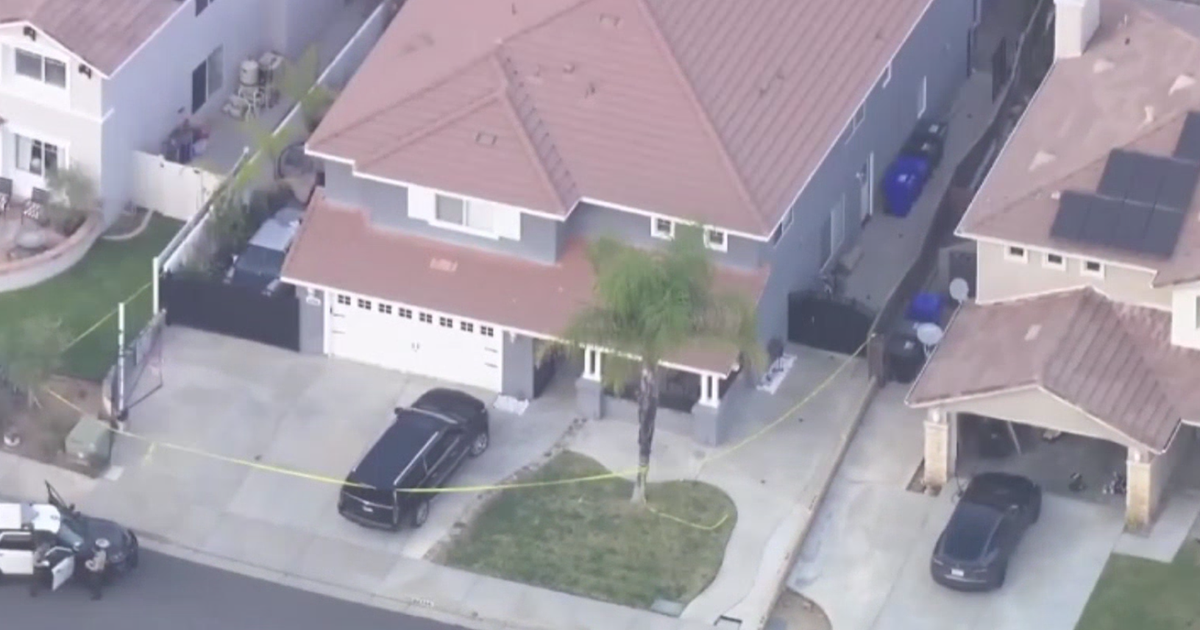Child Abuse Awarness In Tarrant County
TARRANT COUNTY (CBSDFW.COM) - Imagine 5,598 children standing all in one place; now imagine each and every one is a victim of child abuse in Tarrant County alone. That's the point a display at TCU wants to drive home.
There are 5,598 pinwheels, one for each child abused in Tarrant county in 2012 -- and those are just the cases investigators could prove.
"We investigated more than double of that," said Julie Evans, Executive Director of the Alliance for Children in Fort Worth adding, "Five-thousand-six-hundred was actually just the number of children that were confirmed to be victims." She added, "Tarrant County continues to have one of the highest rates of child abuse in Texas. We also have a very high population. But within that we still see a pretty large percentage of child abuse victims here at home."
The pinwheels are the national symbol to raise child abuse awareness and seem to be working if TCU students are any measure. Maddie Forest told CBS 11 News, "That's a lot of pinwheels for just one county to, say, stand for child abuse victims."
Caitlyn Clark is a freshman from San Antonio. "Seeing it as a visual instead of just a number is a lot more impacting because you really can see every child that is effected by abuse and it hits more in the heart."
The pinwheels go beyond the TCU campus. More are at Cook Children's Medical Center and an additional 323 were planted in Arlington on Sunday... one for every case in that city.
Evans says most child abuse crimes are of a sexual nature, followed by inappropriate, heavy-handed discipline. But a new danger has emerged in the last decade of predators using first the internet, and later social media.
"Now we see so much of the "grooming" process played out via the internet. Maybe they have met someone on a chat site. Maybe they have met someone on a chat site, maybe someone had friended them on Facebook."
And there's more, according to Evans. "The internet has allowed perpetrators direct access to children in their homes, in libraries, in schools... anywhere where children have access to the internet."
As hard as it may be to keep kids off of laptops of cellphones, Evans recommends having a computer in a high-traffic area, like the living room or kitchen, where parents can see it. But the best defense, she says, is to teach kids their bodies are sacred and not to be touched.
Also Check Out:
- Kaufman County DA Mike McLelland And Wife Found Dead
- Victoria's Secret's New Lingerie Line Has Parents Outraged
- Homeowner Says 911 Hung Up On Them
- I-Team Investigates Identity Theft Targets In Texas
- Troopers Indicted After Roadside Cavity Search Of Two Women
MOST VIEWED GALLERIES
- PHOTOS: Your Pet Pictures
- PHOTOS: Dallas St. Patrick's Day Parade
- PHOTOS: Pope Francis I






